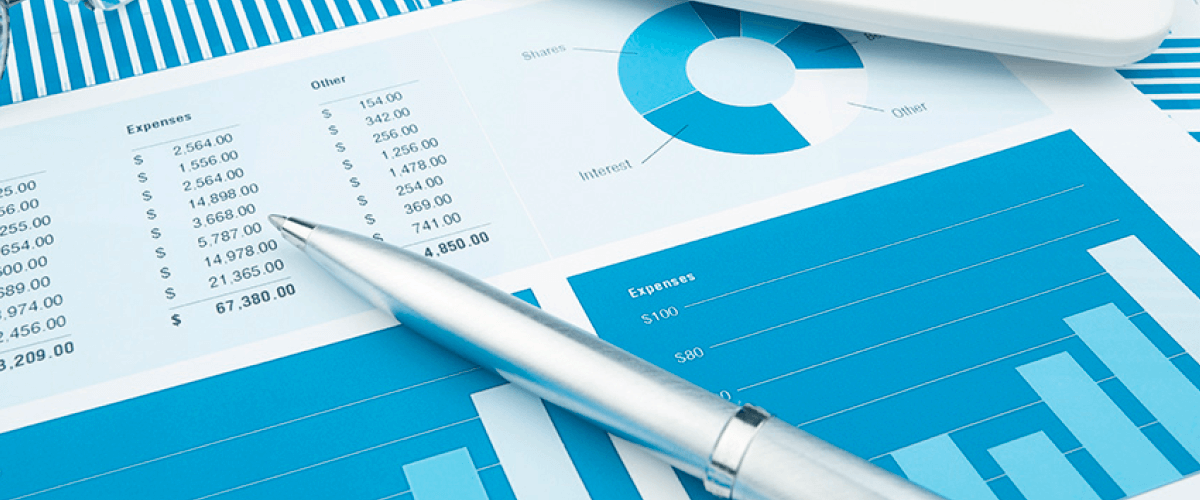Estimated reading time: 3 minutes
There’s a lot that goes into owning a home—from obvious things like routine maintenance and making repairs to the not-so-obvious, like how to finance a home purchase or use your home as a financial asset. Fortunately, there’s never a bad time to step back and take stock of your financial health and evaluate potential ways to improve it.
According to a recent survey fielded by Mr. Cooper, many homeowners don’t know that their home is a financial asset—and one that they could tap into to consolidate debt if they’ve built up a significant amount of home equity. When asked what financial goal they’d prioritize if they could only accomplish one, 32% of survey respondents said they’d pay off credit card debt, 19% said they’d renovate their home, and 17% said they’d fund their children’s education.
All of our survey respondents had a mortgage on their homes, and 64% have credit card debt, 53% have car loans, 21% have student loans, and 18% have other outstanding debt or loans. What’s more, 31% of respondents said that they’d sell their most prized possession in order to help pay off their debt.
The good news? Becoming financially healthy means taking stock of your finances—and leveraging your strengths to improve your weaker areas.
What is Financial Health?
Just as you keep an eye on your physical health, you should be regularly checking in on your finances. “Financial health” is a term used to describe your economic situation—and it has a lot of moving parts, including:
- Savings. Maintaining or building an emergency fund that could cover all bills for three months.
- Expenses. Periodically evaluating ways to cut cost and leave more money in your pocket.
- Education. Costs associated with higher education are a serious financial matter.
- Retirement. Planning for the future with a 401k or other types of investments.
Using Your Mortgage To Get Financially Fit
If you own your home and have built up a substantial amount of home equity, you might be able to leverage that equity through a refinance. There are lots of reasons to consider refinancing an existing mortgage—you might be able to reduce your interest rate, decrease your monthly payments, pay your home loan balance faster, or tap into equity to access some cash. It’s always smart to start with a refinance calculator, which allows you to plug in specifics about your unique financial scenario to help determine whether refinancing might make financial sense for you.
Another option is to get in touch with your mortgage lender. If you have a mortgage with Mr. Cooper, you can log into your account on your smartphone using the Mr. Cooper with Home Intelligence app and use the Home Snapshot feature to see your home’s estimated value and your estimated equity. There’s also the Tune Up feature, which runs various financial scenarios that take into account your leverageable home equity and help you see how you could tap in.
No matter where you are on your journey to homeownership, Mr. Cooper can be a trusty, hands-on resource for all things relating to your home, your mortgage, and your overall financial health. To talk to a mortgage pro about refinancing, drop us a line.
A debt consolidation refinance increases your mortgage debt, reduces equity, and extends the term on shorter-term debt and secures such debts with your home. The relative benefits you receive from debt consolidation will vary depending on your individual circumstances. You should consider that a debt consolidation loan may increase the total number of monthly payments and the total amount paid over the term of the loan. To enjoy the benefits of a debt consolidation loan, you should not carry new credit card or high interest rate debt.







